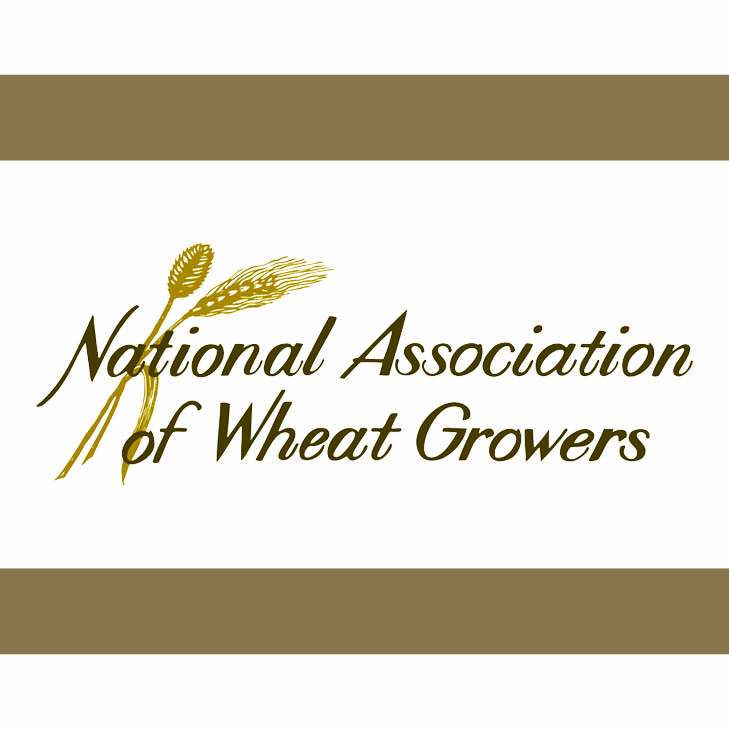Working with partners around the world on shared missions has been a core function of USW throughout its history. That principle applies whether those partners are wheat growers, customers or even international market competitors. An example of this collaboration was on display last week in Winnipeg, Saskatchewan, at the third annual Canadian Global Crops symposium. USW and some of its stakeholders joined more than 250 professionals from the Canadian wheat and grain value chains at the symposium to tackle the big topics facing our industry.
The conference, appropriately themed “Innovation: Opportunity and Challenge,” focused on the application of technology in agriculture and resulting effects on the entire value chain. The broad category of advanced plant breeding techniques, including technologies such as CRISPR-cas9 and TALEN, both commonly referred to as “gene editing,” garnered particular attention. Two seed companies provided detailed explanations of these processes and their applications in breeding programs. Compared to the lengthy process of cross-breeding and its random results, advanced breeding technologies are allowing more precise improvements in plant breeding, in many cases without producing transgenic plants. Grain handling companies and government regulators also provided perspective on the new technologies, including how regulators view the processes and potential challenges that may result from uncoordinated governments’ regulations. USW supports a review process that facilitates industry discussions such as these to ensure compatibility between all governments’ efforts on these new technologies.
During the symposium, the International Grain Trade Coalition (IGTC) held strategy and general sessions. The IGTC includes non-profit trade associations, councils and corporate stakeholders interested in working to support trade in grains, oilseeds and other bulk agricultural products. The organization has multiple working groups that focus on finding solutions to trade irritants and informing discussions on global trade in grains, including expanding the use of electronic documents and harmonization of phytosanitary measures. A number of U.S. and Canadian companies and grower organizations, including USW, are active IGTC members and support its work to better facilitate trade for both our producers and customers around the world.
It is through platforms such as these that both Canadian and U.S. grower organizations are able to work together for the advancement of the entire industry and better serve the needs of the customers we share around the world.
By Dalton Henry, USW Director of Policy




